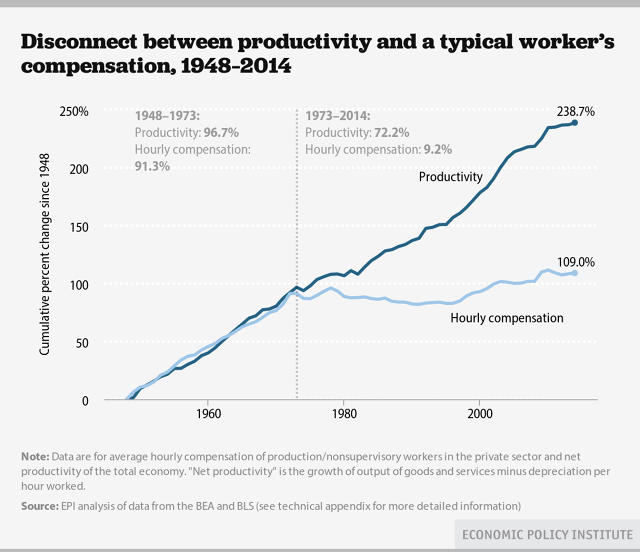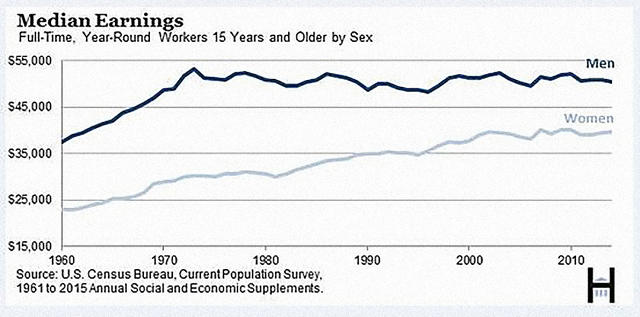
By Joshua Koritz
April 14, 2016 – On April 1, over 100 people packed a room near O’Hare Airport in Chicago in advance of the biennial Labor Notes conference. Reports were shared from union locals across the country – all reflecting the still growing momentum for Bernie Sanders within the labor movement. Though the internal situations differ, veterans of the labor movement were all astonished at how quickly Labor for Bernie has grown and gathered endorsements.
Labor for Bernie has had enormous success: it has nearly 30,000 likes on Facebook, five major national unions have endorsed Sanders as well as nearly 100 other union locals. Most recently, Sanders won the endorsement of the Amalgamated Transit Union (ATU). This groundswell of support, unfortunately, stands in sharp contrast to the role of a number of union leaders who rushed to back Hillary Clinton and, in many cases, gave their own membership no opportunity to express their views democratically.
Speakers and participants arrived from around the country including Seattle socialist councilmember Kshama Sawant. Many raised the importance of continuing the network that Labor for Bernie has started after the Democratic primary. There was talk of independent electoral politics and building a lasting alternative, however it was guarded and speculative. To huge applause, Kshama called for labor to make a jailbreak out of supporting corporate Democrats and to run its own candidates. An important element of the forces that could be gathered to form a workers’ party was visibly represented in the room.
National Nurses United (NNU) and California Nurses Association (CNA) Director of Public Policy Michael Lighty explained the top issue for the NNU; “Medicare for all is at the forefront. It is unconscionable that a Democrat [Clinton] can be running saying, ‘We’ll never get single payer.’”
Reports from unions around the country included the International Longshore and Warehouse Union (ILWU), International Longshoremen’s Association (ILA), Minnesota Nurses Association, the American Postal Workers Union, United Electrical Workers (UE), New York State Nurses Association, New Jersey Industrial Council, and Unite Here Local 2 in San Francisco. Experiences and internal situations vary widely from the NNU which endorsed Bernie nationally, to the International Brotherhood of Electrical Workers (IBEW) which decided on no national endorsement and has let its locals decide their own endorsements. From AFSCME Council 28 in Washington state which went against its international endorsement to back Bernie, to the CWA which did an online poll of its members and now backs Bernie. (Continued)
Continue reading Successful ‘Labor for Bernie’ Meeting at Labor Notes



